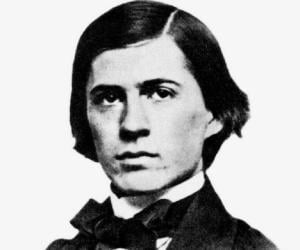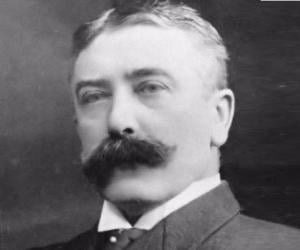Charles Sanders Peirce was an American philosopher, mathematician, logician, and scientist. He is best remembered for his immense contributions to logic. Philosopher Paul Weiss called him America's greatest logician. Charles Sanders Peirce is also regarded by some as the father of pragmatism.
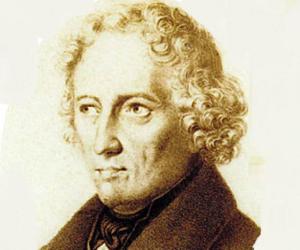
Part of the legendary folklorist duo known as the Brothers Grimm, Jacob Grimm gave to the world Grimm’s Fairy Tales, along with his younger brother, Wilhelm Grimm. The son of a lawyer, he, too, had initially studied law. He also contributed immensely to Germanic linguistics, with his Grimm's law.
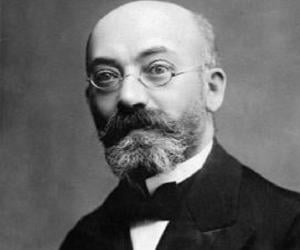
L. L. Zamenhof was an ophthalmologist best remembered for creating the most widely spoken international auxiliary language, Esperanto. He came up with the constructed language after being consumed by the idea of a warless world. L. L. Zamenhof received several honors for creating Esperanto, including the Légion d'honneur. He also received 12 nominations for the prestigious Nobel Peace Prize.
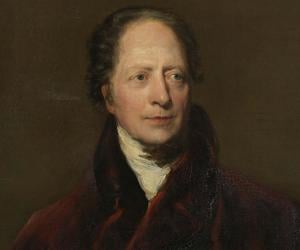
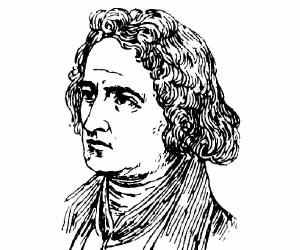
Wilhelm Grimm was a German anthropologist and author. He is best remembered as one half of the popular literary duo, the Brothers Grimm. Along with his elder brother Jacob Grimm, Wilhelm published a collection of fairy tales in 1812. It was later translated into English and came to be known as Grimms' Fairy Tales.
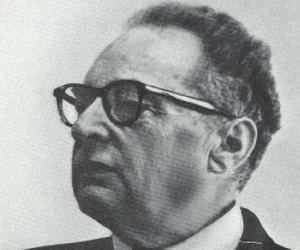
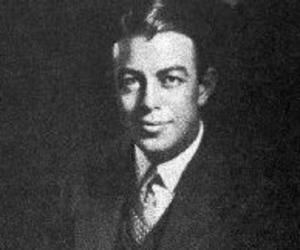
Benjamin Lee Whorf was a linguist cum fire prevention engineer. Along with his mentor Edward Sapir, he developed what is frequently called the “Sapir–Whorf hypothesis.” Even though he was a chemical engineer by profession, he developed an early interest in linguistics and presented several papers at linguistics conferences. Unfortunately, he died at the relatively young age of 44.
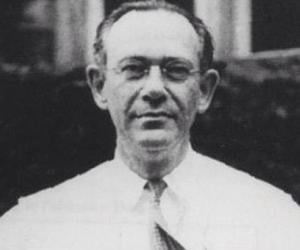
Edward Sapir was an anthropologist-linguist. He played a pivotal role in the development of the discipline of linguistics in USA. He studied Germanic linguistics at Columbia and later researched Native American languages. He was an expert in the study of Athabascan languages and Chinookan languages. He also worked with Yiddish, Hebrew, and Chinese languages.
Known as the father of linguistics, Ferdinand de Saussure laid down the concept of semiotics. He distinguished between parole and langue, leading later thinkers to explore structuralism. His only book was his dissertation on vowels in Indo-European languages, with the rest being collections of his lectures.

Isabelo de los Reyes, also known as Don Belong, was a prominent Filipino politician and activist who co-founded the independent Philippine church Iglesia Filipina Independiente. A labor leader and author, too, he served as the senator of the Philippines. He also wrote extensively on folklore, religion, and history.
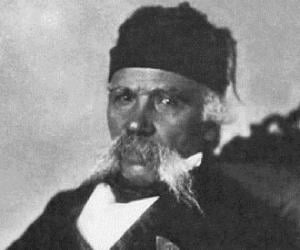
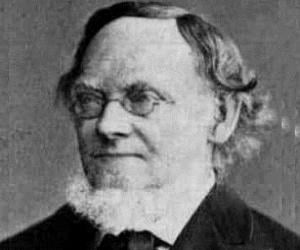
Hermann Grassmann was a German polymath remembered for his work in linear algebra, although he wasn’t acknowledged as a mathematician for most part of his life. His work Die lineale Ausdehnungslehre, ein neuer Zweig der Mathematik was revolutionary in the field of mathematics and was far ahead of its time. During his lifetime, he was only known as a linguist.
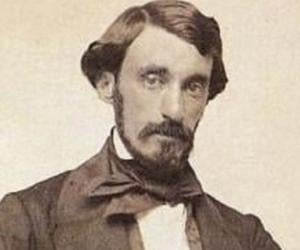
Bartolomé Mitre was an Argentine soldier, statesman, and author. He is best remembered for his service as the President of Argentina from 12 October 1862 to 12 October 1868. A major political figure that best characterized liberalism in 19th century Argentina, Bartolomé Mitre was also a historian, journalist, writer, and poet.
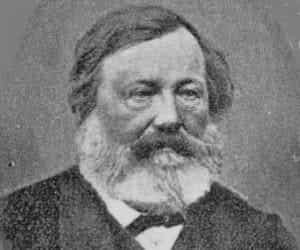
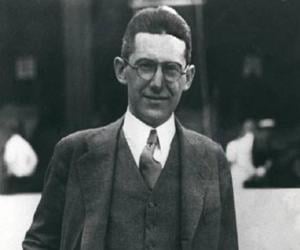
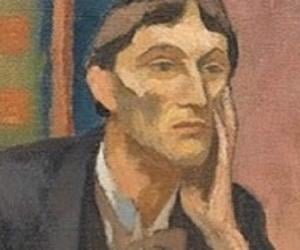
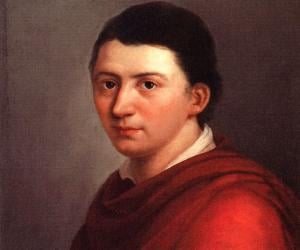
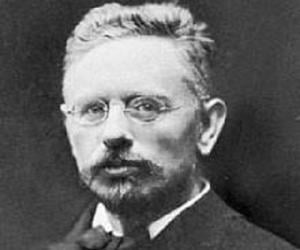
Otto Jespersen was a Danish linguist best remembered for his expertise in the English language and its grammar. Counted among the greatest language scholars of his generation, Otto Jespersen played a prominent role in the international language movement. He also served as a professor at the University of Copenhagen between 1893 and 1925.
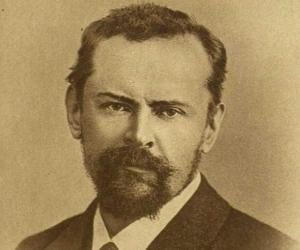
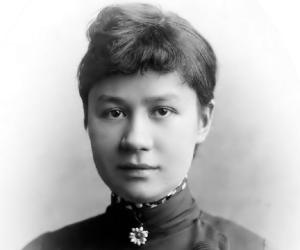
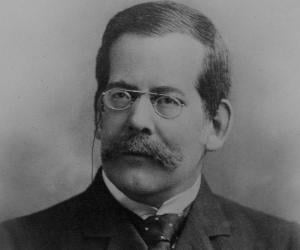
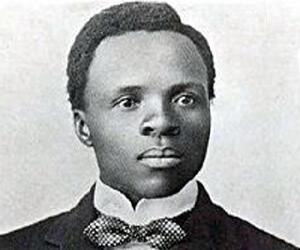
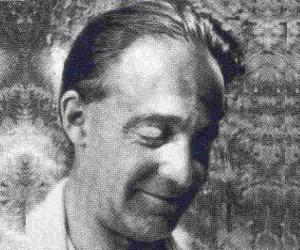
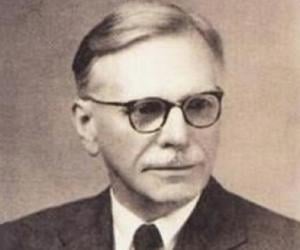

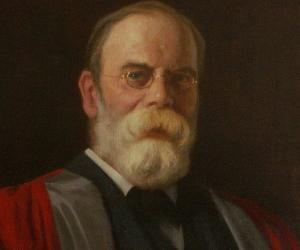
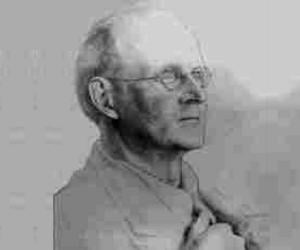
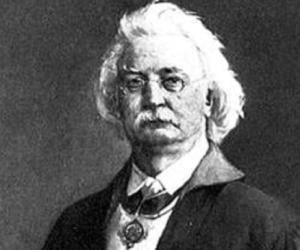
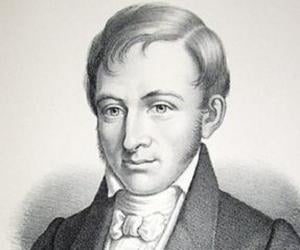
Danish philologist and linguist Rasmus Rask is known for pioneering Icelandic grammar. He also taught at the University of Copenhagen. His research later led to the basic law of comparative linguistics, also known as Grimm’s law. He traveled extensively, to places such as Persia, Ceylon, and India, and learned 25 languages and dialects.
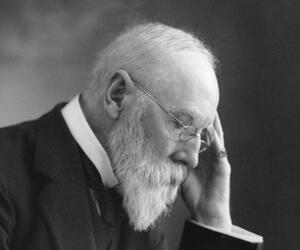

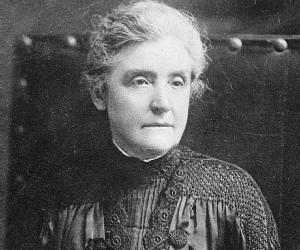

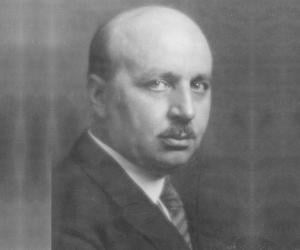
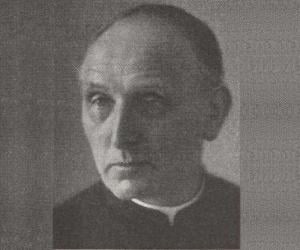
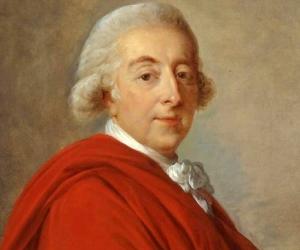
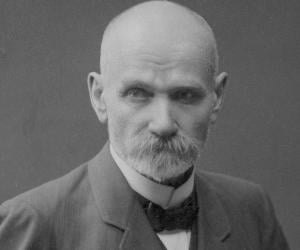
Polish linguist Jan Niecisław Baudouin de Courtenay is best remembered for laying down the theory of the phoneme. His Essay on a Theory of Phonetic Alternation has contributed immensely to modern linguistic science. He spent his entire life teaching at reputed universities, such as St. Petersburg and Warsaw.
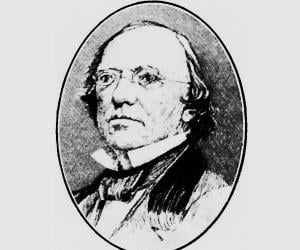
Edward Robinson was a biblical scholar best remembered for his work Biblical Researches in Palestine. Regarded as the first major work in Biblical Archaeology and Biblical Geography, his work earned him the titles, Founder of Modern Palestinology and Father of Biblical Geography. He is also remembered for translating scriptural works.
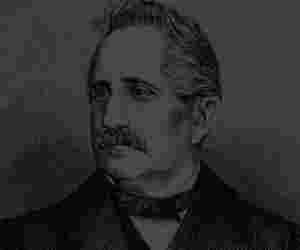
Born in the small Croatian town of Krapina, Ljudevit Gaj grew up to be a leading linguist and one of the pillars of the Illyrian movement. He launched the first Croatian newspaper, The Croatian, Slavonian, and Dalmatian Daystar, and also developed Gaj's Latin alphabet. He was also a National Assembly leader.

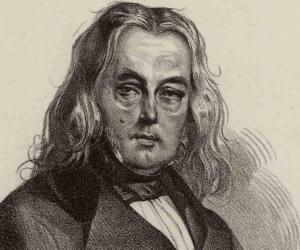
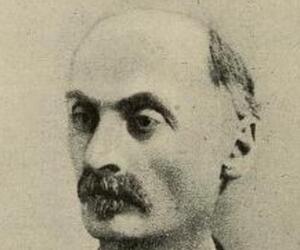

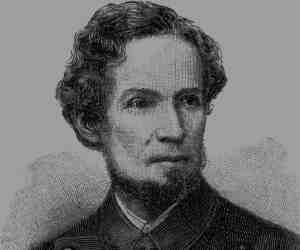
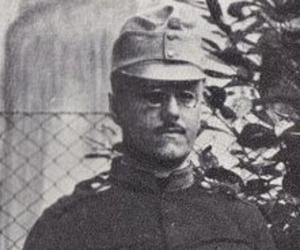
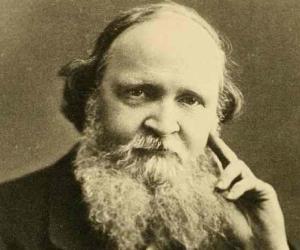
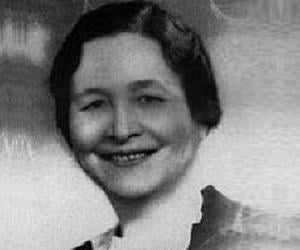
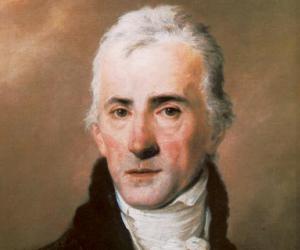
One of the best-known figures of Hungarian literature, poet, author, and translator Ferenc Kazinczy made significant contribution to the development of the Hungarian language. A qualified lawyer and a civil servant, he was once also imprisoned for political conspiracy. He also co-founded the Hungarian Academy.
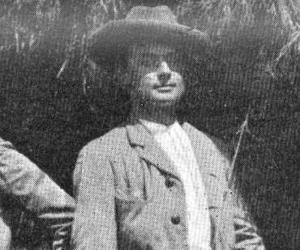
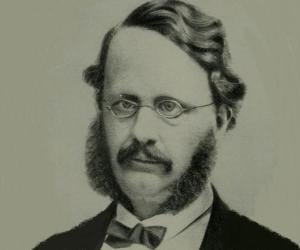
Sophus Bugge was a Norwegian linguist and philologist best remembered for his work on runic alphabets. He also made significant contributions to the study of the Oscan, Romance, Celtic, Etruscan, and Umbrian languages. Sophus Bugge's scientific work was of primary importance for the runic research and Norse philology.
